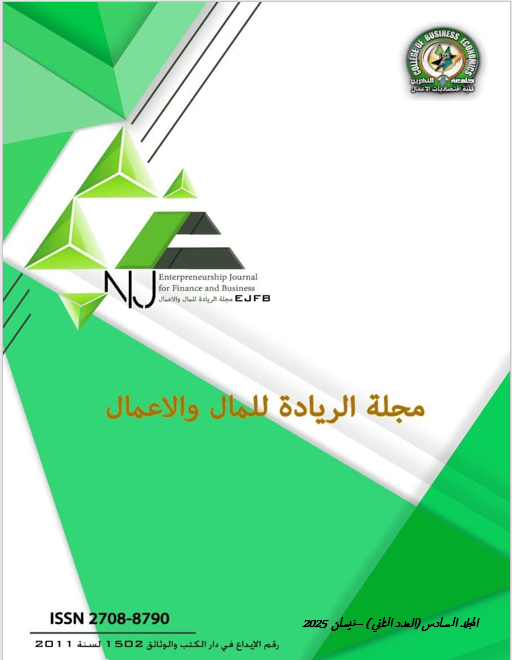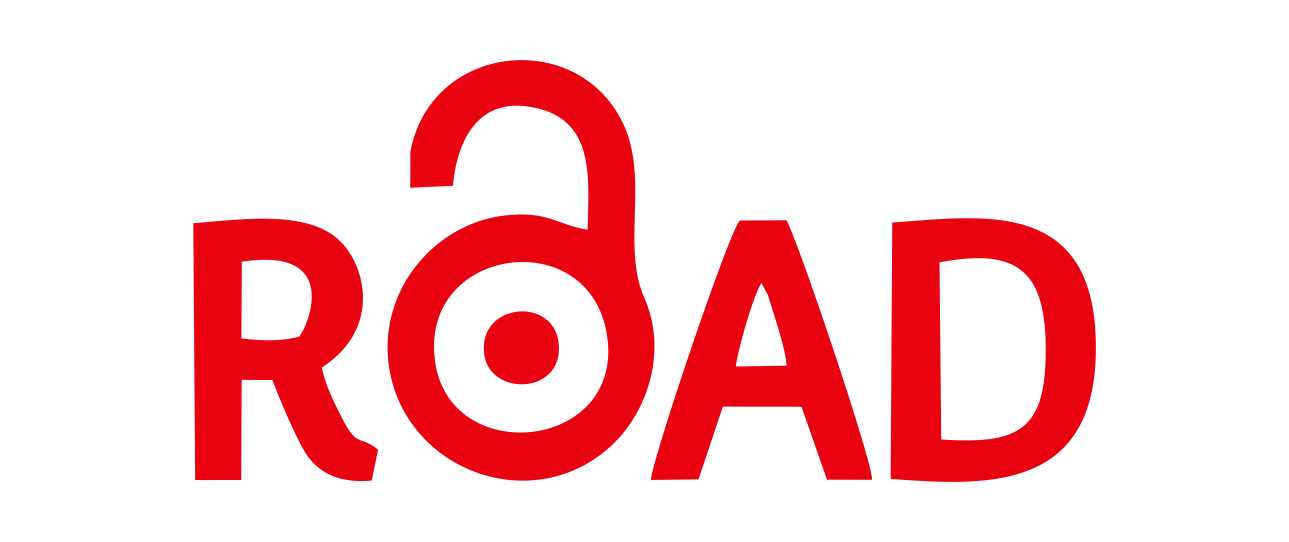The role of electronic accounting programs in the efficiency of control performance: A field study in Iraqi private companies
DOI:
https://doi.org/10.56967/ejfb2025502Keywords:
control, performance, private companies, electronic accounting programsAbstract
The research sought to demonstrate the role of electronic accounting programs in the efficiency of regulatory performance within Iraqi private companies. It relied on the descriptive analytical approach to describe its theoretically proposed variables, and then collected the questionnaire that had been directed to a number of individuals working in the companies under study, who formed the research sample, numbering (391). After testing the proposed hypotheses, and analyzing them according to the SPSS program, the research conclusions were as follows: There is a significant role for electronic accounting on the efficiency of regulatory performance in the Al-Tamimi Group for Engineering Industries in Baghdad as one of the Iraqi industrial companies, and there are significant differences between the average answers of the sample members about the role of electronic accounting programs in the efficiency of regulatory performance according to the variable of the number of years of experience. Accordingly, the research recommended providing a training program on electronic accounting programs with the aim of exchanging knowledge and experiences on electronic accounting programs, training auditors and accountants to practice the process of controlling accounting information technology, providing them with the knowledge and skills they need to do their work in the best possible way, enhancing the use of electronic accounting, and applying it correctly to improve the quality and efficiency of auditing operations.
Downloads

Downloads
Published
How to Cite
Issue
Section
License
Copyright (c) 2025 حسين علي حسين، ناهض نجم حمد

This work is licensed under a Creative Commons Attribution 4.0 International License.
This is an Open Access article distributed under the terms of the creative commons attribution (CC BY) 4.0 international license which permits unrestricted use, distribution, and reproduction in any medium or format, and to alter, transform, or build upon the material, including for commercial use, providing the original author is credited.









